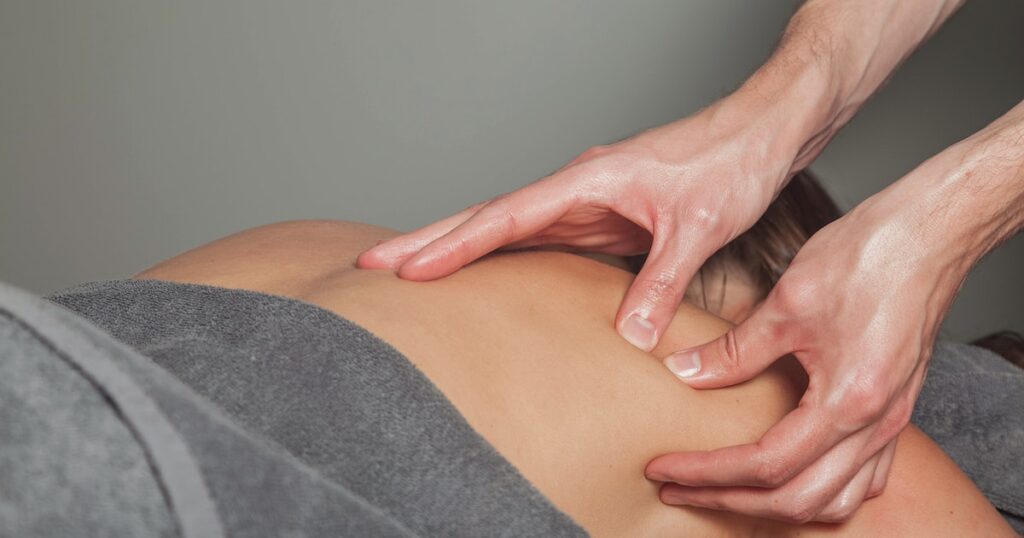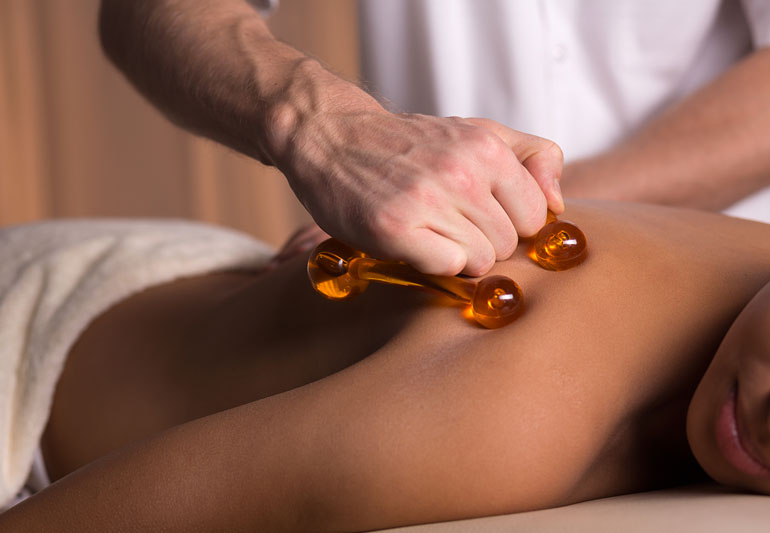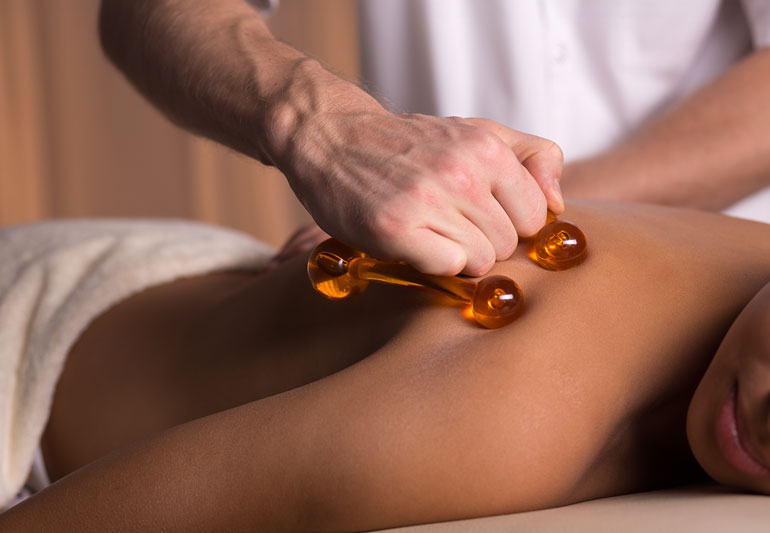In this article, we will be discussing what happens inside your body after a massage. Whether you’re a massage enthusiast or someone who’s curious about the benefits of massages, we’ve got you covered. We’ll explore how massages can help relax your muscles, improve blood circulation, and reduce stress levels. You’ll also learn about the release of endorphins and the potential for improved sleep and immune function. So, sit back, relax, and let’s dive into the wonderful world of post-massage effects on the body.

This image is property of www.sensemassage.co.uk.
What Happens Inside Your Body After A Massage?
As massage therapists and enthusiasts, we are always curious to know what happens inside our bodies after a massage. The experience of a massage goes beyond just relaxation and relief from muscle tension. It has a profound impact on various systems within our body, leading to physical, neurological, and emotional effects. In this article, we will explore the incredible benefits that a massage can bring to your overall well-being.
Physical Effects
Increased Blood Circulation
One of the immediate physical effects of a massage is the increased blood circulation throughout your body. The pressure applied during a massage helps to stimulate and dilate the blood vessels, allowing for improved blood flow. With better circulation, oxygen and nutrients are efficiently delivered to your organs and muscles, promoting overall health and vitality.
Relief from Muscle Tension
Muscle tension can be a result of stress, poor posture, or physical activity. During a massage, the therapist uses various techniques to apply pressure and manipulate the muscles. This helps to release built-up tension and tightness, providing immediate relief and a greater range of motion.
Reduced Inflammation
Inflammation is the body’s natural response to injury or illness. However, chronic inflammation can lead to various health issues. Massage has been found to reduce inflammation by increasing the production of anti-inflammatory molecules in the body. This not only helps to alleviate pain but also supports the healing process.
Improved Joint Mobility
Joint mobility can be compromised due to factors such as aging, sedentary lifestyle, or injuries. With regular massages, you can experience improved joint mobility as the therapist works on the surrounding muscles and connective tissues. This not only reduces stiffness but also enhances your overall flexibility and range of motion.
Neurological Effects
Stimulation of Nerve Pathways
Massages stimulate the nerve pathways in your body, enhancing the communication between your brain and other systems. This stimulation helps to improve the functioning of your nervous system, leading to better coordination, proprioception, and sensory perception.
Release of Endorphins
Endorphins, also known as the body’s natural painkillers and mood enhancers, are released during a massage. These chemicals create a sense of euphoria, reducing pain and promoting a positive state of mind. This natural feel-good response can have lasting effects on your mental and emotional well-being.
Enhanced Relaxation Response
The calming and soothing nature of a massage triggers the relaxation response in your body. During a massage, your body releases hormones like serotonin and dopamine, which are responsible for regulating mood and promoting relaxation. This leads to a deep sense of calm and rejuvenation, helping you combat stress and anxiety.
Lymphatic System
Improved Lymph Flow
The lymphatic system plays a crucial role in removing toxins, waste products, and pathogens from your body. Massage techniques, such as lymphatic drainage massage, stimulate the flow of lymph fluid, aiding in the detoxification process. This boost in lymph flow not only enhances your immune system but also reduces swelling and promotes healing.
Detoxification
As mentioned earlier, massages stimulate lymph flow, which aids in detoxification. The increased circulation helps to flush out toxins and metabolic waste from your tissues, leaving you feeling refreshed and revitalized. Regular massages can support your body’s natural detoxification processes, improving your overall health and well-being.
Strengthened Immune System
A healthy lymphatic system is vital for a robust immune response. By boosting lymph flow and removing toxins, massages help to enhance your immune system’s ability to fight off infections and diseases. This can result in fewer illness episodes and a strengthened immune system that keeps you feeling resilient.

This image is property of www.zeel.com.
Respiratory System
Increased Oxygen Intake
Proper oxygen intake is crucial for every cell in your body to function optimally. Massages help to improve respiratory function by increasing the depth and rate of breathing. This allows for a greater amount of oxygen to enter your lungs and be transported to your organs and tissues.
Relief from Respiratory Issues
If you suffer from respiratory issues like asthma, allergies, or sinus congestion, massages can provide relief. The manipulation of muscles and tissues during a massage helps to clear the airways, reduce congestion, and promote easier breathing. Regular massages can also help manage respiratory conditions, making it easier for you to breathe.
Improved Breathing
Deep, slow breathing is a key component of relaxation and stress reduction. Massages encourage diaphragmatic breathing, where you breathe deeply into your abdomen. This type of breathing promotes relaxation, lowers blood pressure, and reduces anxiety. With regular massages, you can train your body to breathe more efficiently, even outside the massage session.
Digestive System
Stimulation of Digestive Organs
The movements and pressure applied during a massage can stimulate your digestive organs, such as the stomach and intestines. This stimulation helps to improve digestion and bowel movements, relieving common digestive issues like constipation and bloating.
Better Nutrient Absorption
A well-functioning digestive system is crucial for the proper absorption of nutrients from the food you consume. Massages help to improve digestion by increasing blood flow and promoting the release of digestive enzymes. This enhances the absorption of essential nutrients, ensuring that your body receives the necessary fuel for optimal functioning.
Relief from Digestive Disorders
If you suffer from digestive disorders like Irritable Bowel Syndrome (IBS) or acid reflux, massages can provide relief. The gentle manipulation and stimulation of the digestive organs can help to alleviate symptoms such as abdominal pain, bloating, and indigestion. Regular massages can assist in managing these conditions and improving your overall digestive health.

This image is property of www.returntoplayinstitute.com.
Musculoskeletal System
Decreased Muscle Soreness
Muscle soreness can occur due to physical activity, overuse, or muscle imbalances. Massages are an effective way to reduce muscle soreness by promoting blood flow and releasing tension in the muscles. This allows for faster recovery and prevents the buildup of lactic acid, reducing the risk of muscle fatigue and soreness.
Improved Posture
Sitting at a desk or engaging in repetitive tasks can negatively impact your posture. Massages help to correct postural imbalances by releasing tension in the muscles and aligning the spine. By improving your posture, massages reduce the risk of developing musculoskeletal issues like back pain, neck pain, and headaches.
Reduced Risk of Injury
Regular massages can significantly reduce the risk of injuries by improving muscle flexibility, joint mobility, and overall tissue health. When your muscles are relaxed and supple, they are less prone to strain or tears. Additionally, massages help to identify and address areas of muscular imbalance or weakness, preventing future injuries.
Circulatory System
Lowered Blood Pressure
High blood pressure is a common health concern that can lead to more severe conditions like heart disease and stroke. Massages have been shown to lower blood pressure by reducing stress hormones and promoting relaxation. This decrease in blood pressure helps to protect your cardiovascular health and reduces the risk of serious complications.
Increased Oxygen and Nutrient Delivery
An efficient circulatory system ensures that oxygen and nutrients reach every cell in your body. Massages improve blood circulation, allowing for increased oxygen and nutrient delivery to your organs and tissues. This enhanced supply of vital substances supports cellular function, boosts energy levels, and promotes overall well-being.
Enhanced Heart Function
Regular massages can have a positive impact on your heart health. The gentle pressure applied during a massage increases blood flow, improving the efficiency of your cardiovascular system. This increased circulation strengthens your heart, reduces the workload on your arteries, and supports healthy heart function.

This image is property of imgix.bustle.com.
Energy Flow
Balanced Energy Channels
According to traditional Chinese medicine, the body has energy channels known as meridians. Massages help to balance the flow of energy through these meridians, ensuring that energy is distributed evenly throughout your body. This balanced energy flow promotes vitality, harmony, and a sense of well-being.
Removal of Energy Blockages
Blockages in the energy channels can lead to various health issues. Massages help to remove these blockages, allowing for the smooth flow of energy. By releasing stagnant energy, massages assist in restoring balance within your body, enhancing your physical, emotional, and spiritual well-being.
Promotion of Overall Vitality
When your energy channels are unobstructed and balanced, your body experiences a boost in vitality. Massages promote the optimal flow of energy, revitalizing your body and mind. With increased vitality, you are better equipped to handle the challenges of daily life and experience a greater sense of overall well-being.
Mental and Emotional Effects
Stress Reduction
Stress is a common factor in today’s fast-paced world, leading to various physical and mental health issues. Massages provide a calming and nurturing environment that helps to reduce stress levels. The release of endorphins, relaxation response, and improved sleep quality all contribute to an overall reduction in stress and anxiety.
Improved Emotional Well-being
Regular massages have been shown to improve emotional well-being and enhance mood. The release of endorphins during a massage creates a natural state of happiness and relaxation. This positive emotional state can have lasting effects, promoting feelings of joy, contentment, and overall emotional balance.
Enhanced Mind-Body Connection
During a massage, you are encouraged to be present in the moment and focus on your body and its sensations. This mindfulness practice helps to strengthen the mind-body connection, allowing you to be more in tune with yourself. The enhanced mind-body connection can bring about a greater sense of self-awareness, leading to improved emotional and physical health.

This image is property of health.clevelandclinic.org.
Conclusion
As massage enthusiasts and therapists, we understand the powerful effects that a massage can have on the body. From increased blood circulation and muscle tension relief to neurological stimulation and enhanced emotional well-being, massages offer a multitude of benefits. By regularly incorporating massages into your self-care routine, you can experience improved physical health, reduced stress levels, and a greater sense of overall well-being. So go ahead, treat yourself to a massage and discover the transformative effects that await you. Your body will thank you.
